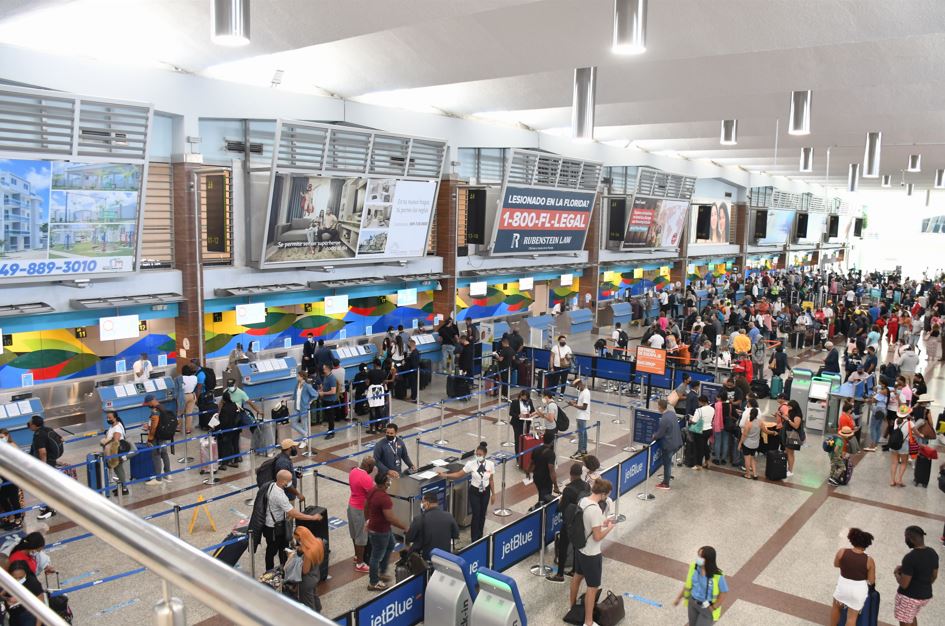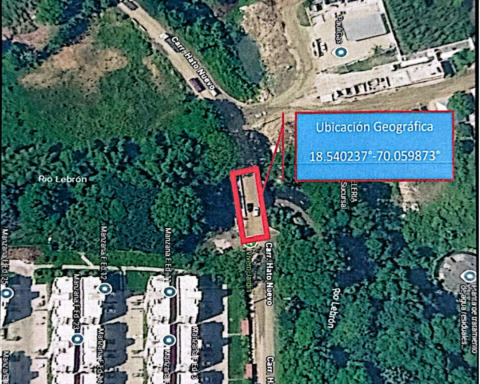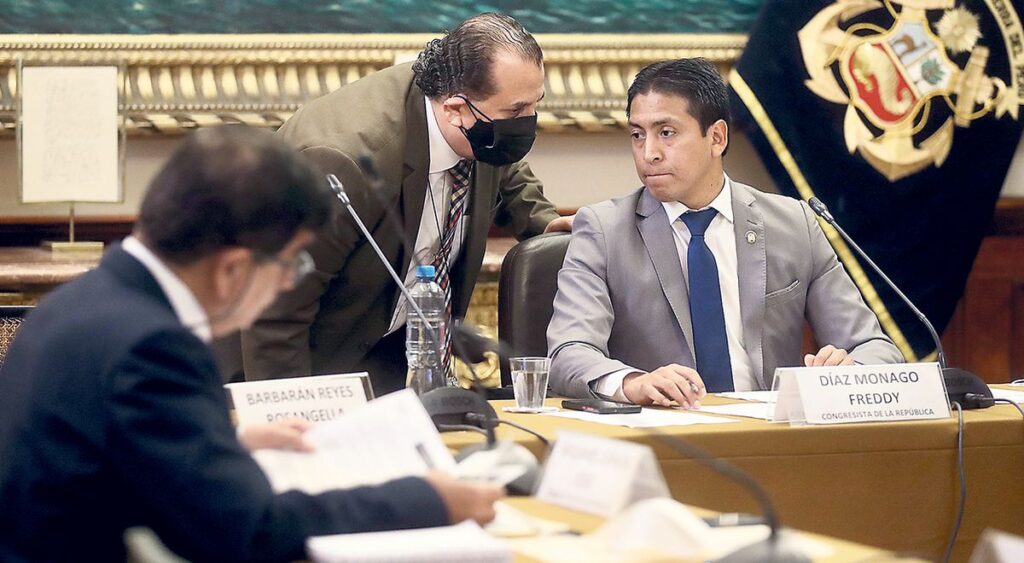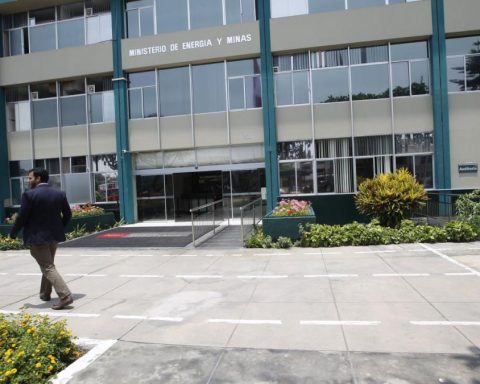Reviews about the airline JetBlue they are flying high in the Dominican Republic, but not “for a good reason”.
The mistreatment and irresponsibility denounced by passengers on round trips to the United States have placed this company in serious questioning, so many that they have reached the Chamber of Deputies, from where it is requested, via its president Alfredo Pacheco, the cancellation of the operating license.
It is a request that hundreds of Dominicans who have suffered, often without the possibility of reaction, the consequences of a service that -judging by the complaints- has fallen into the precarious terrain.
What does the 1999 Montreal Convention on International Transport establish for aspects related to delay, for example, which is one of the main complaints raised against JetBlue?
In its article 19, of chapter III, referring to delays, the Montreal Convention establishes that the carrier is responsible for the damage caused by delays in the air transport of passengers, baggage or cargo.
However, the carrier shall not be liable for damage caused by delay if he proves that he and his servants and agents took all measures that were reasonably necessary to avoid the damage or that it was impossible for one and others to take such measures.
Article 20, referring to “exoneration”, establishes that if the carrier proves that the negligence or other wrongful action or omission of the person requesting compensation, or of the person from whom his right originates, caused the damage or contributed to it, the carrier will be exonerated.
You will be fully or partially exonerated from your liability to the claimant, to the extent that this negligence or other wrongful act or omission caused or contributed to the damage.
When a person other than the passenger requests compensation, due to the death or injury of the latter, the carrier will be equally exonerated from its responsibility, totally or partially, to the extent that it proves that the negligence or other wrongful act or omission of the passenger caused or contributed to the damage.
…of baggage and cargo
Article 22, on liability limits regarding delay, baggage and cargo, establishes that “in case of damage caused by delay in the transport of persons, the carrier’s liability is limited to 4,150 Special Drawing Rights (SDR) per passenger ”.
And it explains that “in the transport of luggage, the liability of the carrier in case of destruction, loss, breakdown or delay is limited to 1,000 special drawing rights per passenger.
It will be like this, unless the passenger has made to the carrier, when delivering the checked baggage, a special declaration of the value of its delivery at the place of destination and has paid a supplementary sum, if there is room for it.
In this case, the carrier will be obliged to pay a sum that will not exceed the amount of the declared sum, unless it proves that this amount is greater than the actual value of the delivery at the place of destination for the passenger.
The Special Drawing Right (SDR) is a kind of currency created and used by the International Monetary Fund (IMF) to function as a reserve asset and as a unit of account.
The value of the SDR is calculated daily against a basket of weighted currencies (ie, each currency is multiplied by a factor). Currently, the currencies included are the (US) dollar, the euro, the Chinese renminbi, the Japanese yen, and the British pound.
destruction and loss
In cargo transportation, the carrier’s liability in case of destruction, loss, damage or delay is limited to a sum of 17 special drawing rights per kilogram.
This is the case, unless the sender has made to the carrier, when delivering the package, a special declaration of the value of its delivery at the place of destination, and has paid a supplementary sum, if applicable.
In this case, the carrier will be obliged to pay a sum that will not exceed the amount of the declared sum, unless it proves that this amount is greater than the actual value of the delivery at the place of destination for the shipper.
In case of destruction, loss, damage or delay of a part of the cargo or any object it contains, only the total weight of the package or packages will be taken into account to determine the amount that constitutes the carrier’s liability limit. affected.
In article 23 of the aforementioned agreement, on the conversion of monetary units, it is indicated that “it will be considered that the amounts expressed in special drawing rights mentioned refer to the Special Drawing Right defined by the International Monetary Fund.
Conversion of sums into currencies
The conversion of the sums in national currencies, in the case of judicial proceedings, will be made according to the value of said currencies in special drawing rights on the date of the sentence.
The carrier is liable, says the agreement, for damage caused in the event of death or bodily injury to a passenger for the sole reason that the accident causing death or injury occurred on board the aircraft or during any of the operations. embarkation or disembarkation operations.
The agreement is clear in establishing that the carrier is responsible for the damage caused in the event of destruction, loss or damage to checked baggage.
This, for the sole reason that the event that caused the destruction, loss or damage occurred on board the aircraft or during any period in which the checked baggage was in the custody of the carrier.
However, the carrier will not be liable to the extent that the damage is due to the nature, defect or vice of the baggage.
In the case of unchecked baggage, including personal belongings, the carrier is liable if the damage is due to its fault or that of its servants or agents.
If the carrier admits the loss of checked baggage, or if the checked baggage has not arrived within twenty-one days of the date on which it should have arrived, the passenger may assert against the carrier the rights arising from the contract of transportation.
Unless otherwise stated, the term baggage means both checked baggage and unchecked baggage.
In its chapter III, article 18 (on damage to cargo), the Montreal Convention establishes that the carrier is responsible for the damage caused in the event of destruction or loss or damage of the cargo, for the sole reason that the event that caused the damage occurred during air transport.
However, the carrier will not be liable to the extent that it proves that the destruction or loss or damage of the cargo is due to one or more facts.
Among them are: the nature of the load, or a defect or vice inherent to it; the defective packaging of the cargo, carried out by a person other than the carrier or any of its dependents or agents; an act of war or armed conflict, an act of public authority executed in connection with the entry, exit or transit of cargo.














